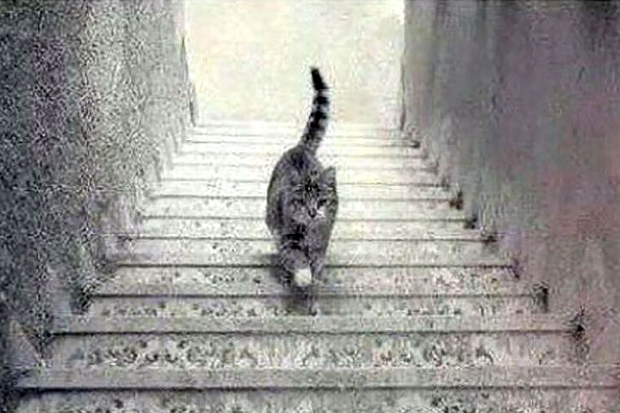It’s actually difficult to decide which is worse when it comes to the former editor of THE Sun and currently almost-everywhere controversial media personality Piers Morgan: whether generally he believes what he says, or says it in the belief it will garner the most attention and approval?
This disclaimer aside, it’s not impossible that on occasion Morgan might say something with a little thought provoking sense to it, and his position on the transgender issue has one point I agree on, though he does state it somewhat crudely: that the drive by trans people and trans women in particular (who he collectively refers to as the “trans activist mob”) to obtain acceptance of trans women as women, has taken on a “linguistic tyranny” that will have real world repercussions on the healthcare of women as well as trans people who self identify as either women or men.
Doctors may miss a diagnosis necessary for a particular biological sex, he points out, and instead treat trans people for the gender they identify with, when they would in fact need treatment based on their biological sex. And cis gender people seeking advice on health issues may miss something relevant to their biological sex, if the language is stripped of specific terms related to sex and replaced with neutral phrases. After an outcry, the NHS, having previously substituted gender neutral terms in its online advice on women’s health, later reverted back to biological references. (I also stumbled on a Guardian article on US abortion rights that refers to a pregnant “person”.)
I agree with Morgan that the attempt to modify the language is nonsensical and potentially harmful, and unnecessary. I also cannot help wonder whether in part at least this arises from classic male coercion. Issues such as this cast a shadow over the idea that trans women have left all vestige of classic male (as opposed to female) masculinity behind, and uncompromisingly demanding women accept them as equals with the same identity and rights, and going as far as seeking legislative means (reform of Gender Recognition Act) could work against trans women. Such an approach could be viewed as trans women being still, fundamentally, males, behaving in the way women throughout history have experienced men to behave: pushy, demanding and domineering, with some cis gender men verbally and physically coercive, when not actually being brutal.
Here is where I part company with Morgan however. Beyond the linguistic debate, no one reasonable can object to the desire by trans women to be embraced and accepted as equals by women as a group. And if women decide to willingly and happily accept trans women as women, the story is over and no one will likely be able to come up with a reason-based argument to object to that. Society will no longer have even the reason of protecting women’s rights as an objection, since it will be women who take the decision to share their rights.
However, the best and arguably only way for trans women to achieve this is to unequivocally demonstrate to cis gender women they have truly left all classic male masculinity behind, including the most significant aspect of male masculinity that historically forms the defining characteristic of women’s objections to and fear of men’s encroachment: coercion in all its forms.
Ironically, the only way for trans women to do this is to forgo demanding what they believe is their right, and rather than demanding it, to wait for women to bestow them with that right. (The cliched Hollywood scene of a perceived enemy surrendering a gun to someone to prove their good intentions and gain trust comes to mind). Sometimes in order to obtain a right or a goal, one must be prepared to surrender it, until such time others, through an earned and credible trust, are happy and willing to grant it. It may also be the quickest route to gain acceptance, with the further benefit that it would be gracious rather than grudging.
My only reservation in all this is linking to a page by Piers Morgan. Although it may be justified if it shows that this is not a matter of political, cultural or religious view, as I don’t share many of those with Morgan. On the contrary, there is a rational path through all this independent of personal inclination and belief, and it is guided by what women need and justly demand: a reassurance that they are not being subjected to yet one more encroachment by classic male masculinity.
That, as I say, lies in the approach trans women choose in their efforts to be accepted as women by women. Push, and you may risk being seen as a “residual” biological male. Ask, engage and authentically reassure on the other hand, and be seen as part of the reasoned crowd. The best way to do that is Hollywood style: surrender yourself to the judgement, place yourself at the mercy even, of the person who’s confidence you wish to gain.
